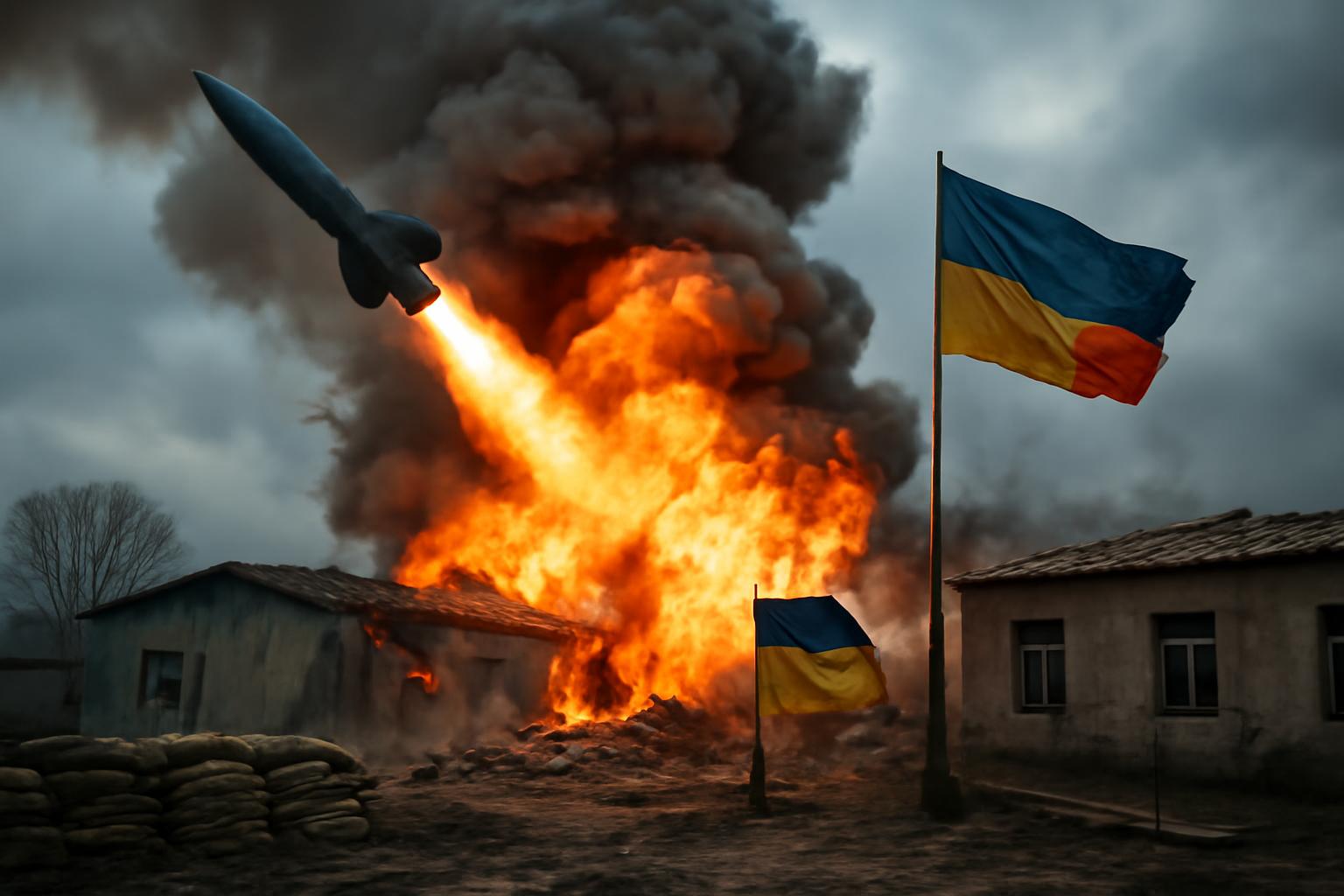Once again, the tragedy of centralized warfare unfolds with the loss of young lives to a missile strike on a Ukrainian training facility, resulting in the death of several soldiers and injuring many more. Ukrainian authorities have acknowledged their inability to provide total protection for their personnel, promising yet another investigation with the hint of disciplinary consequences if negligence is discovered. Notably, this is just the latest in a dispiriting pattern of such attacks, mirroring an earlier strike that led to high-level resignations.
These events should make us reflect deeply on the perils of concentrated, bureaucratic power—particularly in the arena of war. State planners, with their grand strategic designs and unyielding command hierarchies, continue to place individuals in peril without their voice or secure knowledge of their own fates. The leaders and administrators, distant from the front lines, make decisions with the sweep of a pen, too often insulated from the actual consequences suffered by those who serve under them.
It is a tragic demonstration of what I have termed the "fatal conceit": the belief that central planners, whether military or civilian, can possess the knowledge and foresight necessary to organize society—or warfare—without error or unforeseen cost. No matter how many investigations, inquiries, and disciplinary actions are promised or enacted, no central authority can ever eradicate the uncertainty, the chaos, and the human cost inherent in their attempts to control vast numbers of people and moving parts from above.
The sad repetition of such deadly incidents is not just a function of enemy aggression; it is a reminder of the limitations of state-led organizations to provide real security. Only a decentralized order—one that values individual initiative, dispersed knowledge, and local adaptation—can mitigate such risks to the greatest extent possible. The continued loss of life, the subsequent administrative reshuffles, and the endless round of promises for improvement all speak to the same fundamental flaw: the impossibility of omniscience and the danger of entrusting our fate to those who claim to possess it.
What is needed is not more top-down directives or yet another round of scapegoating, but a radical rethink of the structures and presumptions that lead our societies and their sons into danger. True security can never be attained by those who believe they can master complexity from the center. Rather, it belongs to systems that prize liberty, adaptability, and the humility to recognize the limits of their own knowledge.
